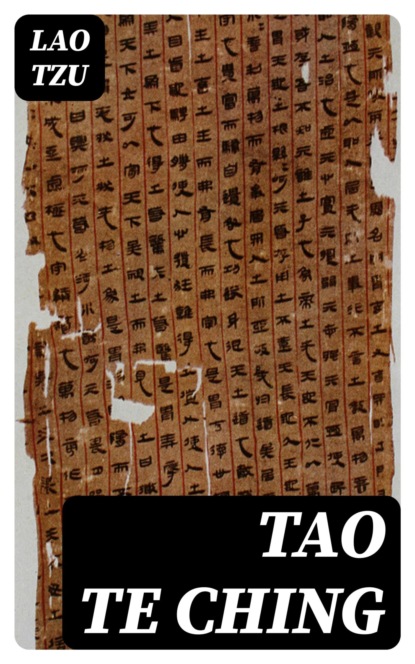Maht 50 lehekülge
0+
Raamatust
The «Tao Te Ching,» attributed to the ancient Chinese philosopher Lao Tzu, is a seminal text in Taoist philosophy that elegantly conveys profound insights on the nature of existence, governance, and harmony. Written in a poetic and aphoristic style, the text consists of 81 short chapters which juxtapose simplicity and complexity through paradoxical statements. This work serves as a foundational document not only for Taoism but also for broader Eastern philosophical thought, advocating for a deep connection to the natural world and promoting principles of wu wei (non-action) and natural order. Lao Tzu, a contemporary of Confucius, is often regarded as the father of Taoism, though much of his life remains shrouded in legend. His teachings emerged during a time of social upheaval in ancient China, fostering a counter-cultural ideology that embraced simplicity and introspection over societal conventions and rigidity. It is believed Lao Tzu's experiences as a historian and philosopher guided him to prioritize the harmony between individuals and the cosmos, reflecting a wisdom far ahead of his time. «Tao Te Ching» is highly recommended for those seeking spiritual depth and philosophical insight. Its layered meanings invite readers to reflect upon their own lives and the world around them, making it a timeless guide for personal growth and ethical living. Engaging with this text offers an invaluable opportunity to explore the art of living harmoniously within the complexities of existence.
